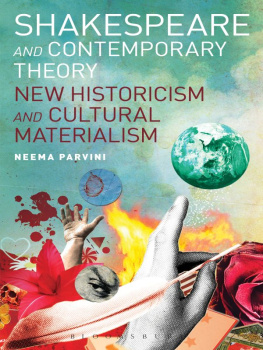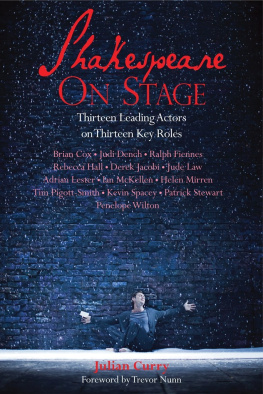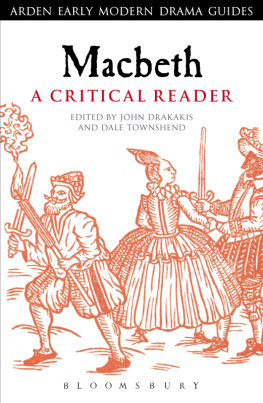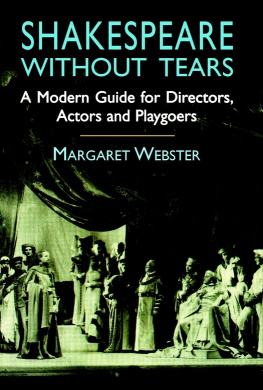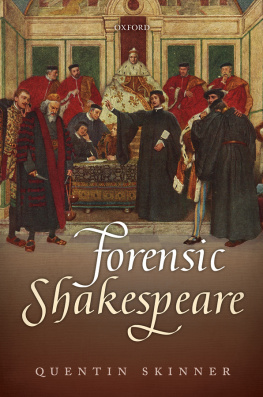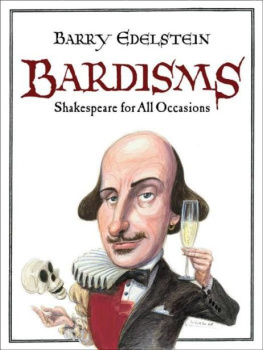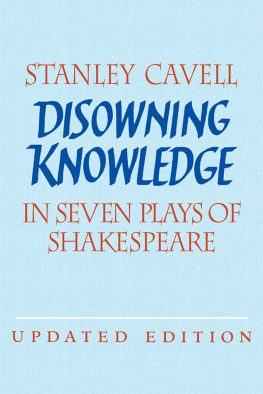Peter F. Grav
First published 2008
by Routledge
270 Madison Ave, New York, NY 10016
Simultaneously published in the UK
by Routledge
2 Park Square, Milton Park, Abingdon, Oxon OX14 4RN
This edition published in the Taylor & Francis e-Library, 2007.
"To purchase your own copy of this or any of Taylor & Francis or Routledges collection of thousands of eBooks please go to www.eBookstore.tandf.co.uk."
Routledge is an imprint of the Taylor & Francis Group, an informa business
2008 Taylor & Francis
All rights reserved. No part of this book may be reprinted or reproduced or utilised in any form or by any electronic, mechanical, or other means, now known or hereafter invented, including photocopying and recording, or in any information storage or retrieval system, without permission in writing from the publishers.
Trademark Notice: Product or corporate names may be trademarks or registered trademarks, and are used only for identification and explanation without intent to infringe.
Library of Congress Cataloging in Publication Data
Grav, Peter F.
Shakespeare and the economic imperative : whats aught but as tis valued? / by Peter F. Grav.
p. cm.(Studies in major literary authors)
Includes bibliographical references and index.
ISBN-13: 978-0-415-96316-9 (hbk.)
ISBN-10: 0-415-96316-8 (hbk.)
ISBN-13: 978-0-203-92791-5 (ebk)
ISBN-10: 0-203-92791-5 (ebk)
1. Shakespeare, William, 1564-1616Criticism and interpretation. 2. Shakespeare, William, 15641616Knowledge--Economics. 3. Money in literature. 4. Value in literature. 5. Capitalism in literature. 6. Ethics in literature. 7. MoneySocial aspects. 8. Interpersonal relationsEconomic aspects. I. Title.
PR3021.G73 2008
822.3'3dc22
2007044231
ISBN13: 978-1-135-89412-2 ePub ISBN
ISBN10: 0-415-96316-8 (hbk)
ISBN10: 0-203-92791-5 (ebk)
ISBN13: 978-0-415-96316-9 (hbk)
ISBN13: 978-0-203-92791-5 (ebk)
Acknowledgments
This project would not have been possible had it not been for the influence and contributions of the following people. To them, I am eternally grateful. First, Laurie Maguire, who alerted me to the endless possibilities and complexities in Shakespeares plays. Her encouragement of my work as an undergraduate is largely responsible for all that I have accomplished since. I am also beholden to her for showing me that the answers could usually be found in the text. Second, I owe a debt of thanks to Alexander Leggatt, whose guidance and unfailingly sage advice during the writing of this book was invaluable. As well, I am grateful to David Galbraith and John Reibetanz for their input and advice during the early stages of this work. I would also like to thank Rachael Cayley for all of her help in the final editing stages. Last, and certainly not least, Tom, not only for being a second set of eyes throughout the writing of this book, but also for his love and support, which made the realization of this project possible.
An abridged version of was previously published under the title Money Changes Everything: Quarto and Folio The Merry Wives of Windsor and the Case for Revision in Comparative Drama 40:2 (Summer 2006). Reprinted here by permission of Comparative Drama.
Introduction The wind that bloweth all the world besidesdesire for gold
Near the beginning of Erasmus The Praise of Folly, Stultitia, the follies of the world personified, proudly lays claim to being the daughter of Plutus himself, god of riches, who, in spite of Jove himself, was father of gods and men. The subsequent tribute to her father leaves little doubt as to what makes the world go round:
At the mere nod of his head, all institutions both sacred and profane are turned upside downso it always was and is nowadays. His decision controls wars, truces, conquests, projects, programs, legal decisions, marriage contracts, political alliances, international treaties, edicts, the arts, matters serious and silly in short, all the public and private business of mortal men is under his control.
Almost a century later, the title character of Shakespeares nihilistic tragedy Timon of Athens ascribed similar sweeping powers to gold:
This yellow slave
Will knit and break religions, bless thaccursed,
Make the hoar leprosy adored, place thieves,
And give them title, knee, and approbation
With senators on the bench. |
Although Erasmus was certainly not an unknown quantity in early modern England, there is unfortunately no way to ascertain whether the above words of the great humanist were ever read by the man who has been referred to as the inventor of the human. These two passages, however, from widely disparate comic and tragic sources, do articulate a common belief that money had become the controlling influence over Renaissance societal values. Indeed, the conflation of material concerns with the spiritual, political and romantic spheres (among others) was practically a mainstay of Shakespearean drama that manifested itself through trope, metaphor and, on occasion, through plots that dealt directly with the economic relationships between men and between men and women. Shakespeare was not alone in addressing such thematic concerns; bookending his career, we find Marlowe and



